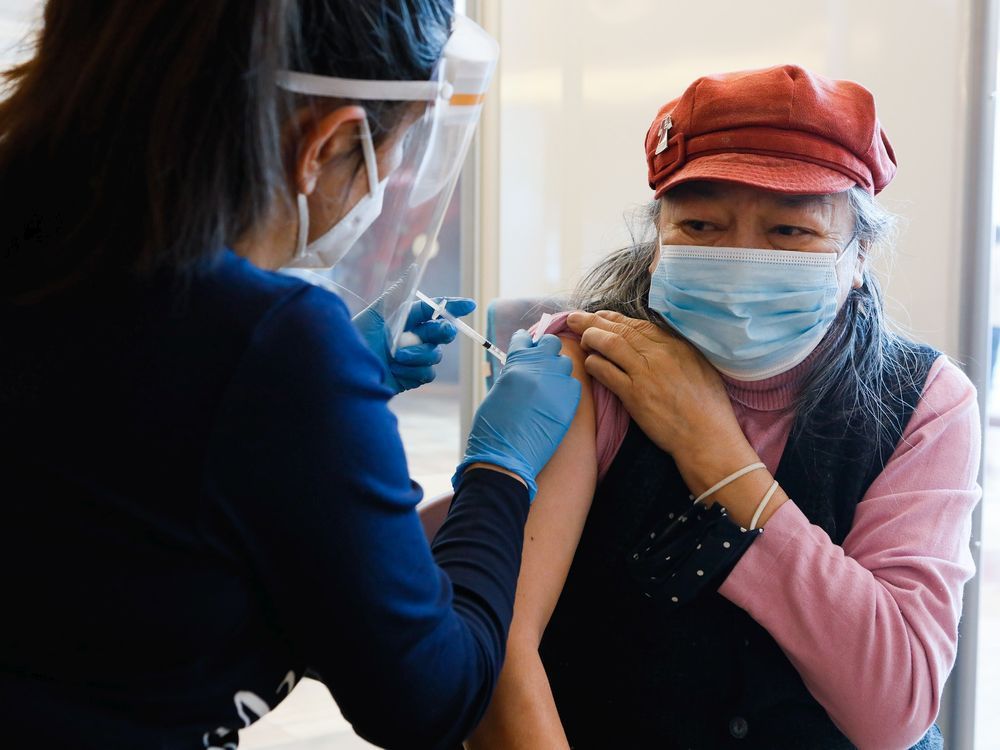when it comes to fitness, slow and steady doesn’t win the race against covid-19 and it may even leave you dead before you cross the finish line, according to a new study into the relationship between walking pace, body weight and the risk of severe infection.the study,
published in the international journal of obesity, found that plodding pedestrians were almost four times more likely to die from the pandemic and more than twice as likely to contract a severe case of the virus. “we know already that
obesity and frailty are key risk factors for covid-19 outcomes,”
said tom yates, lead researcher for the study and a professor of physical activity, sedentary behaviour and health at the university of leicester in england.“this is the first study to show that slow walkers have a much higher risk of contracting severe covid-19 outcomes, irrespective of their weight. with the pandemic continuing to put unprecedented strain on health care services and communities, identifying individuals at greatest risk and taking preventative measures to protect them is crucial.”researchers uncovered plenty of previously unknown risk after combining the data of 412,596 middle-aged members of the uk biobank — a large-scale health database containing the in-depth genetic and medical information of half a million people — with the self-reported walking pace of participants. it found that people with a sluggish stride and normal weight carried 2.5 times the risk of contracting severe covid-19 and 3.75 times the risk of dying from the virus than fast walkers with a normal weight.particularly telling was the observation that slow walkers of a normal weight carried a higher risk both of contracting the virus and dying from it than fast walkers who were obese. slow walkers of normal and obese weights faced a uniformly higher risk than their quicker cohorts. “slow walkers had the highest risk regardless of
obesity status,” the authors wrote in the study.
because covid-19 testing in the u.k. has not been universal, researchers only looked at participants who became seriously ill or died from the virus. they acknowledged that self-reports of walking speed may be subject to reporting bias that could complicate the process of extrapolating their findings. “given this and the observational design, no definitive causal conclusions can be derived from our results; nevertheless, our findings — showing self-reported slow walkers are at high risk across bmi categories — have potential prognostic relevance,” they wrote.for this reason, yates stressed the importance of adding walking pace, or other telling indicators of fitness, to the databases of the future. “whilst large routine database studies have reported the association of obesity and fragility with covid-19 outcomes, routine clinical databases do not currently have data on measures of physical function or fitness,” he said.“it is my view that ongoing public health and research surveillance studies should consider incorporating simple measures of physical fitness such as self-reported walking pace in addition to bmi, as potential risk predictors of covid-19 outcomes that could ultimately enable better prevention methods that save lives.”
dave yasvinski is a writer with healthing.cadon’t miss the latest on covid-19, reopening and life. subscribe to healthing’s daily newsletter covid life.
 2 minute read
2 minute read









